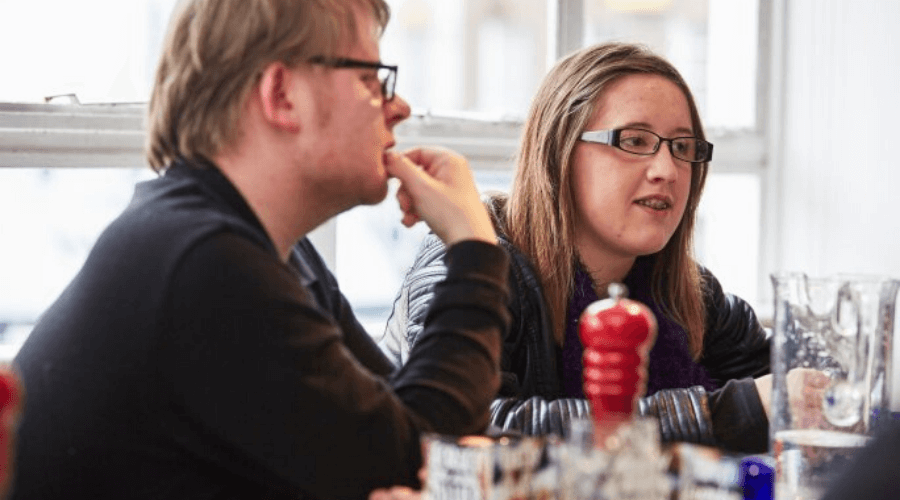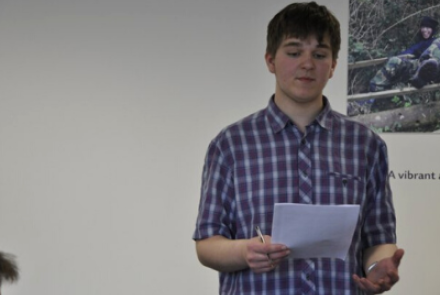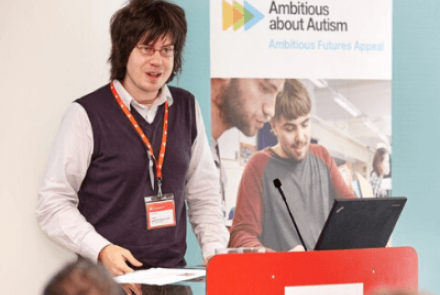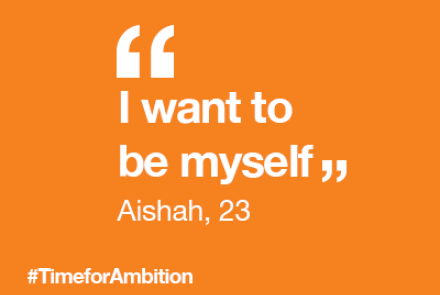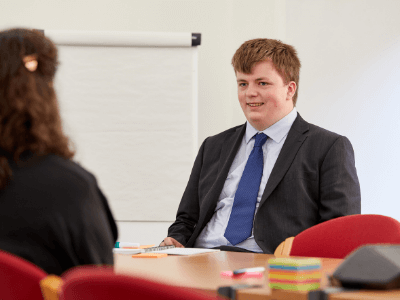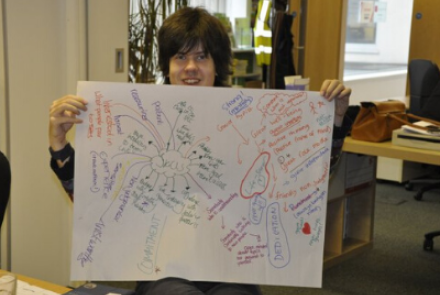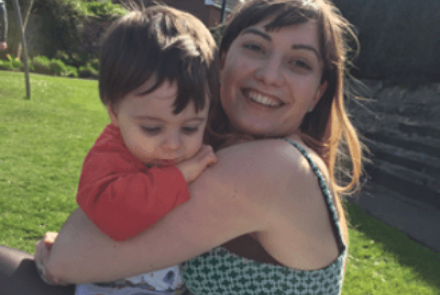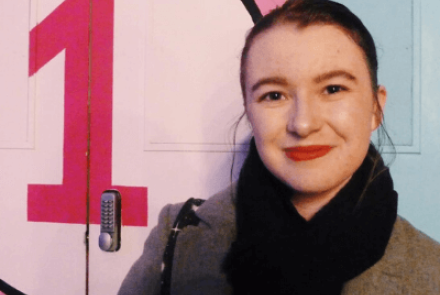What I wish I knew about making friends
My name is Louise Richards and I have Asperger’s Syndrome. When I was younger I struggled with friendships and even now it can be hard. I used to get frustrated when it seemed I was making all the effort to contact friends and they didn’t respond in the same way. Relationships; friendship, work or romantic, can be challenging and hard to maintain. It can also be more challenging because people with autism sometimes have difficulties in social communication, interaction and imagination.
Social communication can affect the understanding of gestures, facial expressions or tone of voice. It can also apply to not knowing when to start or end a conversation and choosing topics to talk about.
Social interaction is where you might struggle to make and maintain friendships and not understanding unwritten ‘social rules’. For exampled standing too close to a person or starting an inappropriate topic of conversation.
Social imagination is when you might find it hard to predict what will happen in outcomes to situations. It can also affect understanding or interpreting other people’s thoughts, feelings or actions. The messages that are put across by facial expression and body language are often missed.
On a positive note, there are lots of things you can do to build your confidence and help you feel more at ease when you want to make friends.
Here are my tips that I wish I had when I was a bit younger:
Making new friends
Feel confident and be yourself. The thought of approaching someone new to talk to can feel scary but once you find something in common you will feel a lot better. Approach the person and introduce yourself “Hi, my name is Joe” or “It would be great to get to know each other, my name is…” and the person should respond back. When you get to know them better, in a few months maybe you can exchange numbers or add each other on social media to stay in touch. But don’t send messages everyday as it can be off putting for the other person. Send one message and see if they will send you one back. This will show that you are being a good friend but not putting too much pressure on them.
Talking to work colleagues
Talking to people at work can be a great way to make friends. It can be hard to start with but asking simple questions can be a great way to stat a conversation. Perhaps try “did you have a nice weekend?” or if it is work related say “I think the project is coming along, don’t you?” which would allow them to talk about something which you both have in common at work.
Understanding body language and facial expressions
If someone looks angry or distracted give them some space and see if later if they will approach to talk to you. If not, leave it and they will come round when they are ready. Body language can also be an indication if someone is approachable or not. If they are smiling or waving it could be a sign that someone wants to talk to you but if someone has their arms crossed or is frowning, it might mean that they are not in a mood to talk and want to be left alone.
Arranging to meet up with friends
Text or phone a friend to set a date, if you do not get an answer the first time, they might be busy but don’t worry. Leave a message and wait a few days to see if they get back to you otherwise it could seem you are harassing them. If they don’t get back, you can send them another message to chase it up. If still not successful, then leave it and see if they will get in touch.
In summary, we are all human and having autism doesn't stop you having relationships, it’s just about being yourself, feeling confident and understanding others. I hope you will find my tips practical and helpful.
About the author
Louise Richards is a myVoice Content Creator and is a multimedia graduate from London Metropolitan University. Louise has Asperger's Syndrome and currently works in a Biscuit Factory called Biscuiteers as well as doing part time data entry for Kings College Hospital.

